News from the Institute
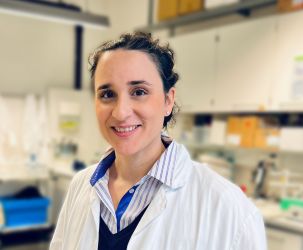
Alexandra Stolz, has been featured in the Journal of Cell Science’s ‘Cell Scientists to Watch’ series. In the interview, Alexandra talks openly about what sparked her fascination with cell biology, the people and moments that shaped her scientific path, and the excitement and challenges of starting her own lab. She also reflects on leadership, resilience in academia, and how curiosity and persistence guide her work both in and beyond the lab.
Cell Scientists to Watch is a long-standing editorial series that highlights early independent cell biologists whose work has attracted attention within the international research community.
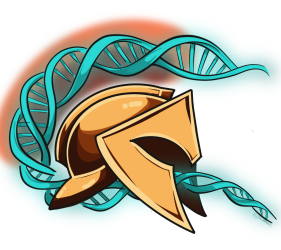
In their latest work, a team of researchers led by Ivan Dikic shows that the DPC-repair enzyme SPRTN works not only during DNA replication but also in mitosis to clear these DNA lesions. When SPRTN is impaired, damaged DNA leaks into the cell’s cytoplasm and activates the cGAS-STING innate immune pathway, leading to chronic inflammation.
... (read more)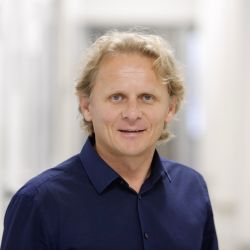
IBC2 Director Ivan Đikić will be awarded the prestigious Theodor Bücher Medal from the Federation of European Biochemical Societies (FEBS) in recognition of his outstanding achievements in biochemistry and molecular biology.
... (read more)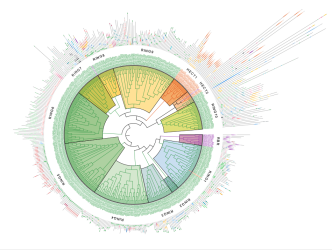
In a new publication in Nature Communications, a team of researchers from IBC2 at Goethe University Frankfurt, reports the first comprehensive, data-driven classification of all human E3 ubiquitin ligases. The study presents a systematic map of the human “E3 ligome” and provides new insights into the functional relationships among E3 ligases.
... (read more)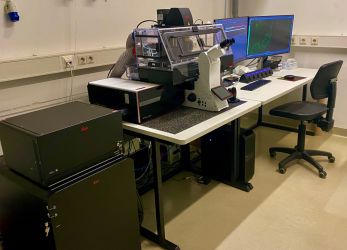
We are thrilled to welcome our new Leica STELLARIS FALCON confocal laser-scanning microscope with integrated fluorescence lifetime imaging (FLIM) to our institute and are eager to begin exploring its full potential for our research.
This state-of-the-art imaging platform will significantly enhance imaging-based research in biochemistry, molecular biology and biomedicine. It combines a flexible white light laser with highly sensitive hybrid detectors and advanced FLIM capabilities, enabling fast, high-resolution and quantitative imaging in living cells. The system supports sophisticated applications such as FRET-based measurements and functional imaging based on fluorescence lifetimes.